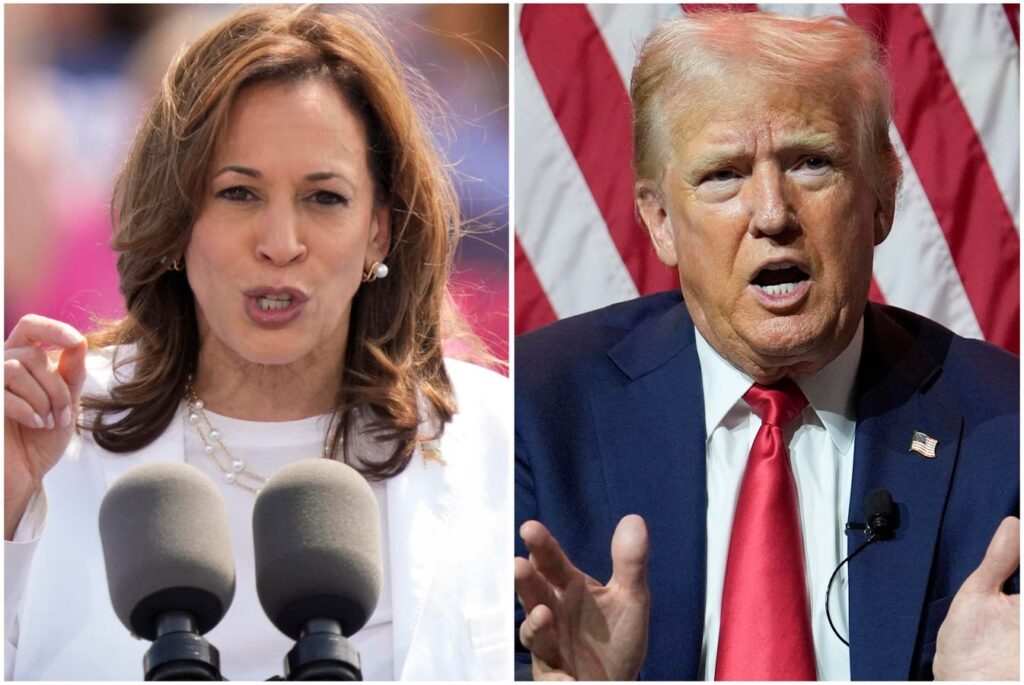The results of the upcoming presidential and congressional elections are poised to significantly influence the fintech industry, which encompasses the intersection of financial services and technological innovation. As financial technology firms expand and attempt to offer banking services without traditional licenses, they are increasingly subjected to federal scrutiny. Policy experts and industry executives highlight three primary areas of focus: the Consumer Financial Protection Bureau (CFPB) and its enforcement actions, the regulatory environment surrounding partnerships between fintechs and banks, and the implications of the CFPB’s new 1033 rule that regulates consumer control over banking data. Understanding these elements is crucial as they will dictate the level of oversight and regulatory activity in the sector.
Most analysts agree that the CFPB will undergo the most notable changes depending on the electoral outcomes. Established in the wake of the 2010 Dodd-Frank Wall Street Reform and Consumer Protection Act, the CFPB is tasked with safeguarding consumers from unfair and abusive practices. Under President Biden’s administration, the agency has ramped up its enforcement activity, imposing significant fines and consumer relief measures. Experts predict that if Kamala Harris wins and the Democrats hold both houses of Congress, this heightened enforcement could persist. Conversely, a Trump victory alongside Republican control of Congress would likely lead to a reduction in the agency’s regulatory reach, with significant changes possibly mitigating rules like the newly introduced reductions to credit card late fees.
Despite the likelihood of stark contrasts in regulatory approaches based on election outcomes, some experts remain skeptical about major shifts for the fintech sector. Recent Supreme Court rulings that limit agencies’ interpretative powers could lead to a regulatory stagnation. In this scenario, regardless of the presidential and congressional results, agencies might struggle to respond swiftly during financial crises. This “regulatory chill” would hinder enforcement capabilities, undermining consumer protections that could otherwise evolve in a cooperative regulatory environment. Consequently, the fintech landscape may find itself developing in an atmosphere where agencies operate with diminished authority.
Partnerships between banks and fintech firms have been increasingly scrutinized, particularly regarding compliance with anti-money laundering regulations. The outcome of the elections could dictate the future intensity of this scrutiny. If Harris is elected, regulatory pressures might remain robust, whereas a Trump victory could ease these tensions. Observers are keen to see how innovation offices would function under a Democratic presidency, with potential for more inclusive engagement. Regardless of the election outcome, experts believe that ongoing regulatory changes, such as proposed FDIC rules requiring reconciliation of customer accounts, might move forward, thereby establishing important safeguards for consumers.
Should Republicans gain a firmer grip on Congress, opportunities might open up for fintech firms seeking to obtain bank charters—a pathway that has been largely obstructed in recent years. The potential for legal challenges to agencies overseeing charter approvals has also grown, particularly following recent Supreme Court rulings. Such changes could empower fintech firms to assert their rights against regulatory bodies, progressively shifting the balance in favor of innovation within the industry. As these firms seek charters to expand their services, the dynamic landscape of fintech regulation may evolve in unprecedented ways.
The CFPB’s recently finalized 1033 rule, which outlines guidelines for consumer control over banking data, adds another layer to the discussion around fintech regulation. This rule has become a focal point of contention between large banking institutions and fintech companies, reflecting the growing emphasis on consumer data rights. Despite speculation that a Trump presidency could eliminate the 1033 rule, experts suggest it will likely endure due to its bipartisan nature. However, legal challenges to the CFPB’s authority are expected to rise, indicating a broader readiness among various stakeholders to dispute regulatory measures. Overall, the core principles of data accessibility and consumer control resonate strongly with the public, underscoring a potential trajectory for future fintech regulation that emphasizes consumer rights and access to financial information.

